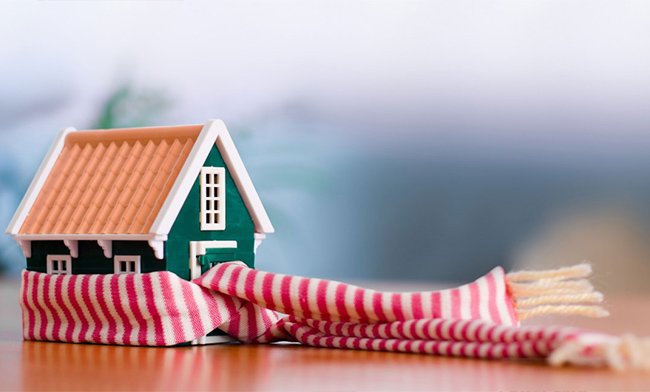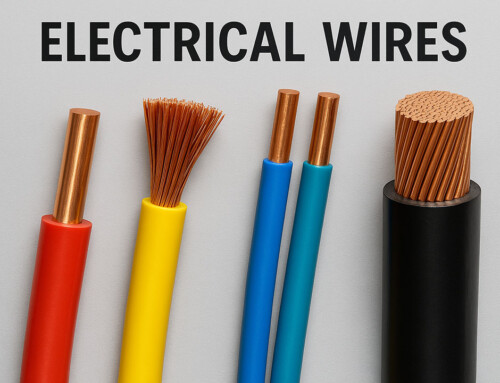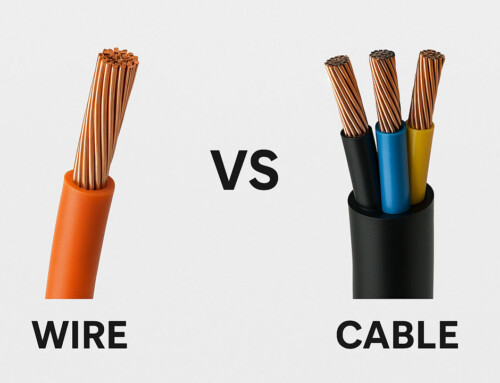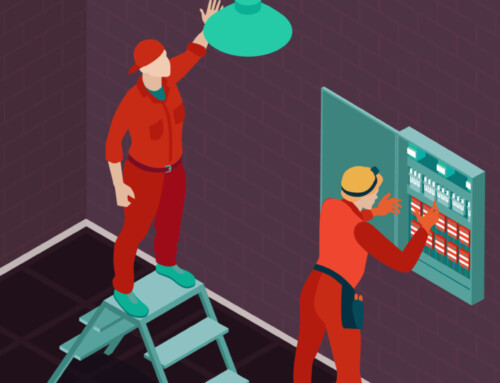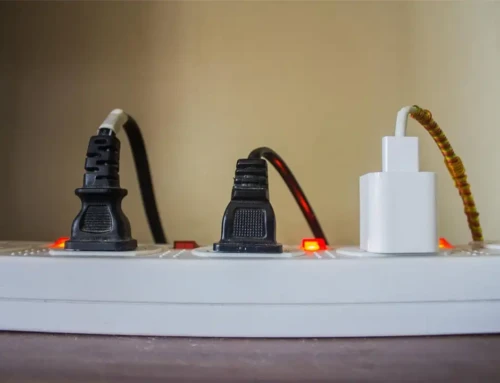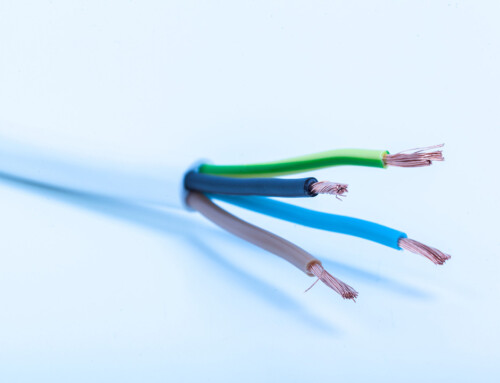The use of electricity understandably increases during winter when sunlight is limited, the days are shorter and the temperatures down to freezing. The need for warmth and the desire to stay indoors translates to an increase in the use of electricity, which in turn increases the risks that are associated with electricity.
There are several electricity-related problems associated with winter that can affect homeowners during this season. People who own homes should be extra vigilant because among other things, the severe weather can cause power outages, fluctuations and other electrical hazards following heavy snow, rain and strong winds. These power abnormalities are the ones that cause all manner of trouble in homes and other places where electricity is in use.
Preparedness is the key to ensuring you as a homeowner, stay safe from electrical hazards during the winter months. Below are some basic electrical tips that always help in getting ready for winter in this regard:
- Have additional power outlets or sockets installed by a registered electrician. This will help avoid those circumstances where you have no option but to overload your existing sockets with so many appliances using multi adaptor plugs, due to the increase in electricity use during winter.
- Make a habit of ensuring all electrical gadgets; appliances and equipment are switched off before going to bed. You will not only save on the electricity bill (which as you already know goes up during winters), but will also avoid the risks of fire that can come from short-circuiting of plugged in appliances in the event of lightning, power surges and fluctuations.
- Also, make it a routine to regularly check the condition of your wiring, sockets, plugs, switches and so on. These things get damaged or worn out over time, and when that happens you must have them replaced or repaired because the more they stay that way, the worse they get and the higher the risks of electrical hazards. The checks can and should be carried out by professionals if you are unsure of yourself.
- Last but not least, have an electrical safety checklist for your home and always run a check through it when getting ready for winters. A checklist ensures you don’t miss or overlook something, only for it to turn out to be the one thing you shouldn’t have missed. Here’s a comprehensive checklist that you can use to make your home winter ready.
Electrical Safety Checklist for a Winter Ready Home
- Does your home have the correct electrical panels, plugs, sockets and switches installed?
If yes, check that no covers are open, cracked or unscrewed. If unsure, let a certified electrical contractor check it out for you and install as necessary. - Do you know where your home’s main electrical panel is located? Are there any obstructions to accessing it easily and safely in case of a blackout? Are the switches and circuits inside it clearly marked and fully functioning?
If yes, then your home is winter ready. In severe winters, power fluctuations can trip switches that you will have to manually turn back on. - Are you safe from water leaks that could affect your electrical wiring, panels, sockets, switches and installed electrical equipment?
If you see or suspect any leaks, get the right people to fix that promptly. Heavy rain and melting snow can have water leaking into your home if it is not properly waterproofed. Water and electricity never mix well. - Do the overhead power lines outside your home have acceptable clearance from trees, poles and other structures?
If they don’t, contact your local utility company or contract a licensed arborist to take care of those overgrown branches before the winter comes. - Are your sockets and other power outlets properly loaded or are they overloaded and lacking surge protection?
If you are uncertain about this, get an expert electrician to tell you whether you are using your outlets the right way. As a guide, don’t use those plug in multi-sockets that don’t have overload circuit breakers or surge protection; ask a licensed electrical contractor for the certified power bars with surge protectors. - Do you have or need a hard-wired surge suppressor that goes directly to the main electrical panel?
In most cases, a certified hardwired surge suppressor at the main panel will provide much greater protection for your whole house. - Do you leave your non-essential electronic equipment plugged in when going for vacations or long trips?
If you do, then that needs to change. Only leave the most vital electrical equipment like a refrigerator plugged in. The others are much safer unplugged if you are going to be out of the house for a long while.

